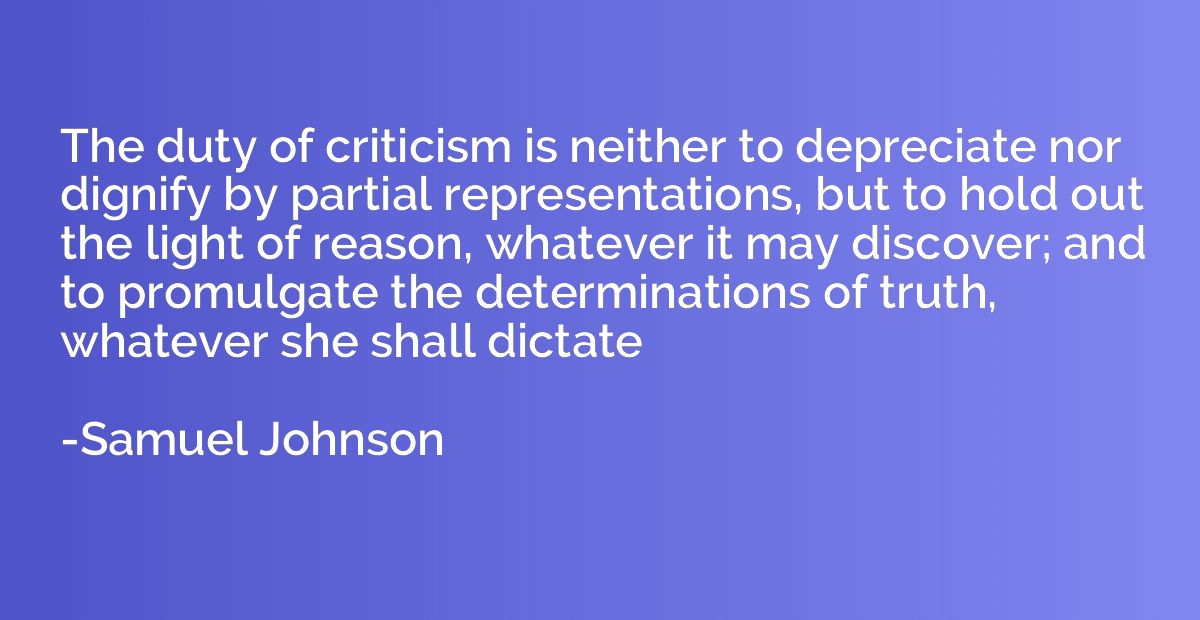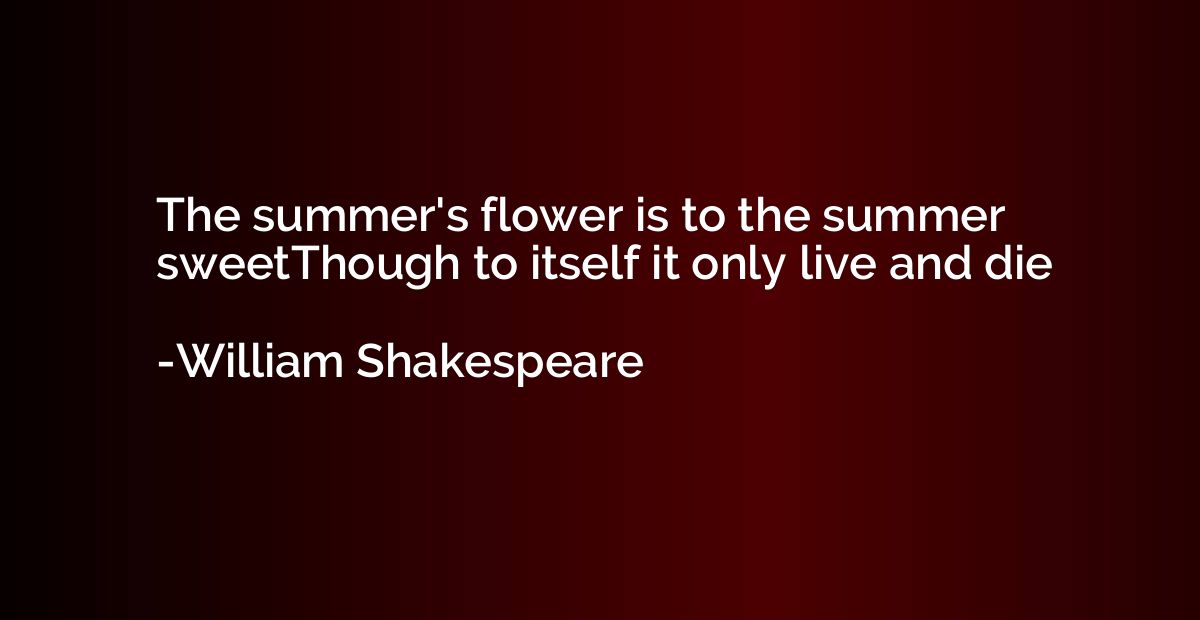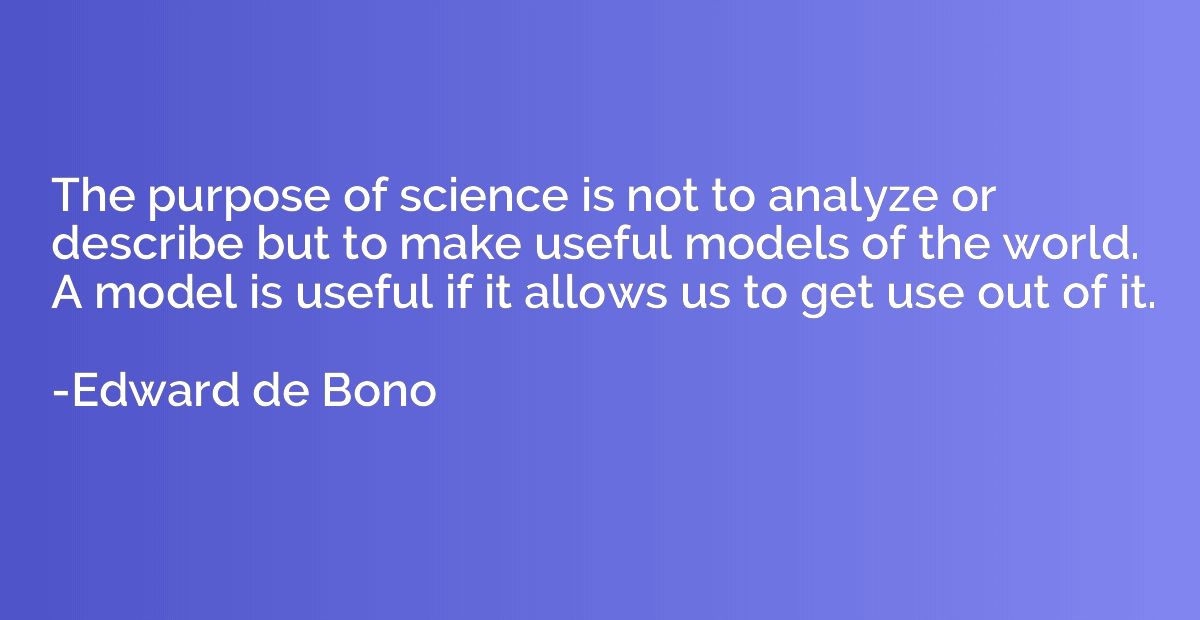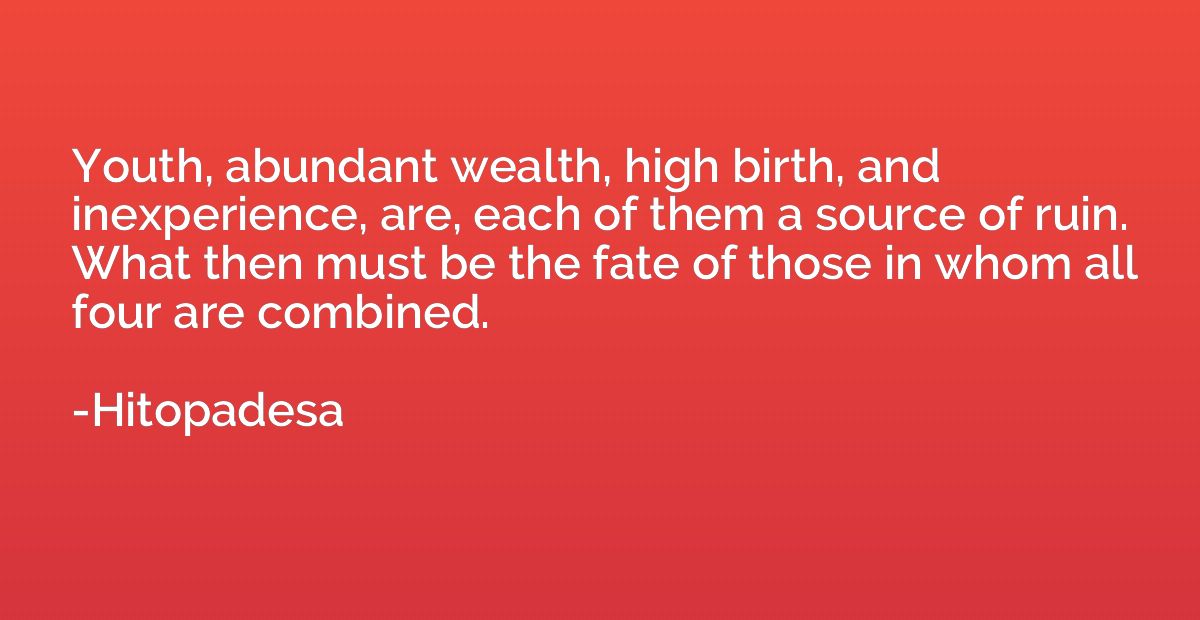Summary
This quote suggests that we tend to appreciate or respect individuals who seek out our guidance and advice. It implies that we value the perception or insight these people possess, which motivates them to approach us for counsel. The admiration may stem from the belief that these individuals are wise or knowledgeable in specific areas, and their willingness to seek advice shows their humility and openness to learning. Overall, this quote highlights the recognition and appreciation we have for the wisdom demonstrated by those who actively seek our guidance.
Topics
Advice
By Jack Herbert















